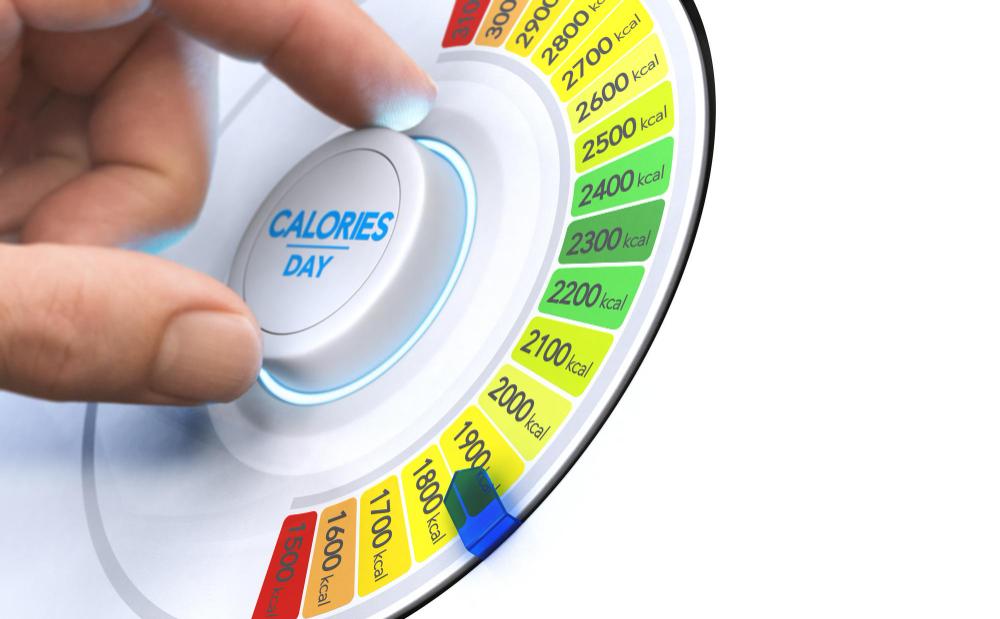

Calories. We see them just about everywhere from the back of nutrition labels to the display screens on treadmills. We’re told to “cut calories to lose weight” or “eat more to bulk up,” but how much do we actually know about calories beyond memorizing these numbers?
If you’re on a weight loss or weight gain journey, understanding the science behind calories is a major key to achieving your goals. In this brief article brought to you by the Wellness Restoration Center, we break it down.
A calorie is simply a unit of energy. Specifically, it’s the amount of energy needed to raise the temperature of 1 gram of water by 1 degree Celsius.
When it comes to our bodies, calories provide the energy we need to function. This energy comes from the food and beverages we consume, and it’s burned during daily activities and exercise.
Simple, right? Well, not exactly. While the concept of calories in vs. calories out forms the foundation of weight management, there are other important factors at play.
Schedule your appointment with Dr. Marcia A. Harris, MD today to find out more about these life-changing modalities. Don’t let ED rule your LIFE! Call for an appointment today!
BOOK AN APPOINTMENTYour metabolism is how your body converts calories into energy. Some people have faster metabolisms, meaning they burn calories more efficiently. Others burn calories more slowly. Factors like age, muscle mass, activity level, and genetics all influence your metabolic rate.
Metabolism isn’t just about how fast or slow your body burns energy though. It’s also about how your body uses that energy.
Here’s where it gets interesting: Hormones play a big role in how your body processes calories and regulates weight. Key hormones like insulin, leptin, and cortisol can affect hunger, fat storage, and energy use. If your hormones are out of balance, then managing your weight can feel like an uphill battle. Let’s explore these key hormones:
For individuals experiencing hormonal imbalances, hormone replacement therapy (HRT) can sometimes make a significant difference in weight management. Here’s how.
HRT involves supplementing hormones like estrogen, progesterone, or testosterone to bring levels back into balance. Balanced hormones can boost energy and motivation, thereby making it easier to stay active and stick to a healthy routine. By restoring balance, hormone replacement may help regulate appetite.
Calories are more than just numbers; they’re the energy your body needs to function. Your metabolism, hormones, and lifestyle all influence how your body processes and uses them, however. It’s not just about “eating less” or “exercising more.” It’s about finding a balance that works for your body while factoring in hormones, metabolism, and overall health.
If you’re struggling with your weight journey, then consider working with the professionals at the Wellness Restoration Center. Our team is here to schedule a consultation for a convenient time.
Type 2 diabetes is a chronic…
Impotence, or erectile dysfunction, can take a heavy toll on…
If you’re living with chronic pain,…
In this collection of heartfelt testimonials, patients of The Wellness Restoration Center share their personal stories of transformation and healing.